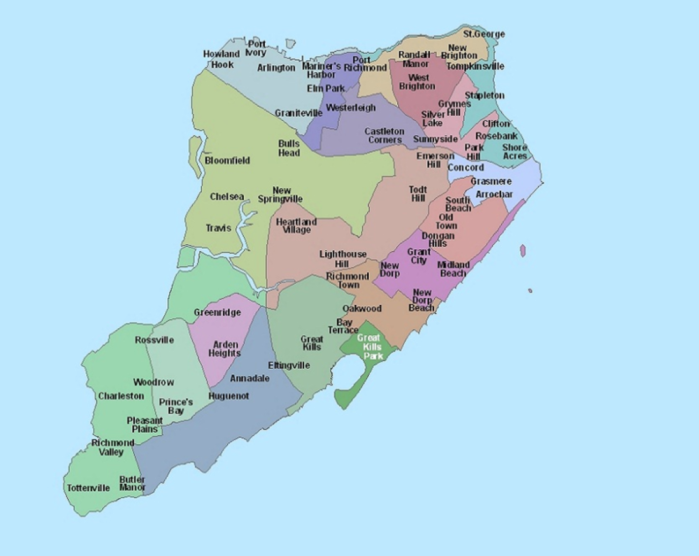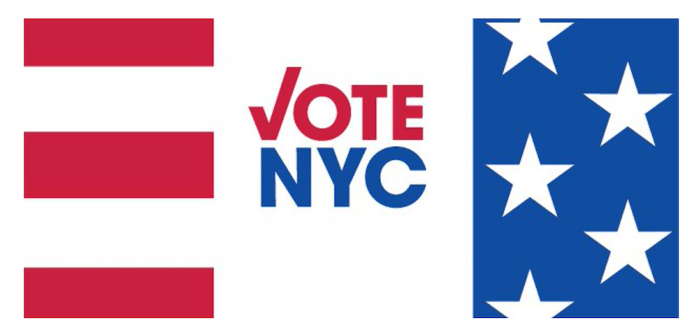When this fiasco of a citywide primary election is finally in the books and the dust has cleared on who won and lost, one thing is certain: Voters need to weigh in again on Rank-Choice Voting (RCV).
RCV is so confusing, you could hardly even blame the inept Board of Elections (BOE) for messing this one up.
Under RCV, each round eliminates the candidate with the fewest votes, and reassigns their votes to the next-ranked candidate on each voter’s ballot. Thus candidate A who had 100 votes on a primary night, for example, could finish with 150 votes once RCV was factored in even though only 100 people voted for that person as their first choice.
Sound confusing? It is.
Those who argue voters already chose to institute RCV in an off-year 2019 referendum need to understand that RCV is nowhere near as simple a concept as say term limits.

Opponents should also note the reasoning of Merryl H. Tisch, the former Chancellor of the New York State Board of Regents, who was the only member of the city Charter Revision Commission in 2019 to vote against putting RCV on the ballot.
“Our American system of democracy has always been predicated on people casting their vote for the candidate who they believe will do the best job. In turn, that forces candidates to seek to persuade voters to make a singular and sometimes really difficult choice,” said Tisch.
“Ranked choice voting is a well-intentioned experiment that could wreak uncertain and perhaps complicated consequences. For example, if we enacted such a system, it could well incentivize candidates not to take clear issue positions, preferring to play to the audience for being everyone’s second choice by offending as few people as possible.”
Wreak uncertain and complicated consequences indeed!
When it comes to American democracy and RCV, the old American axiom ‘KISS’ [Keep it simple, stupid] come to mind. The old system of having a run-off between the top two candidates if nobody gets 50 percent is easy to understand and it works.
And for those that argue runoff elections cost the city more money, it’s a drop in the bucket compared to the over $100 million in taxpayer dollars given to candidates under the city’s public campaign finance laws during this Primary season.
So whether our favorite candidate won or lost this primary, we support Queens City Councilman I Daneek Miller’s legislation to put RCV again on the ballot in the November General Election.
In presenting the bill, Miller noted how quickly our fragile democracy can go off the rails, which is what happened after traitorous supporters of former President Donald Trump stormed the Capital Building on Jan. 5.
“Right, wrong or indifferent, Jan. 6 is a reality,” he said following the BOE’s miscalculations on Tuesday, June 29. “We cannot allow this process to erode confidence in our democracy, and I question the intentions of anyone who might be opposed to putting RCV up for a public referendum after witnessing today’s events.”










